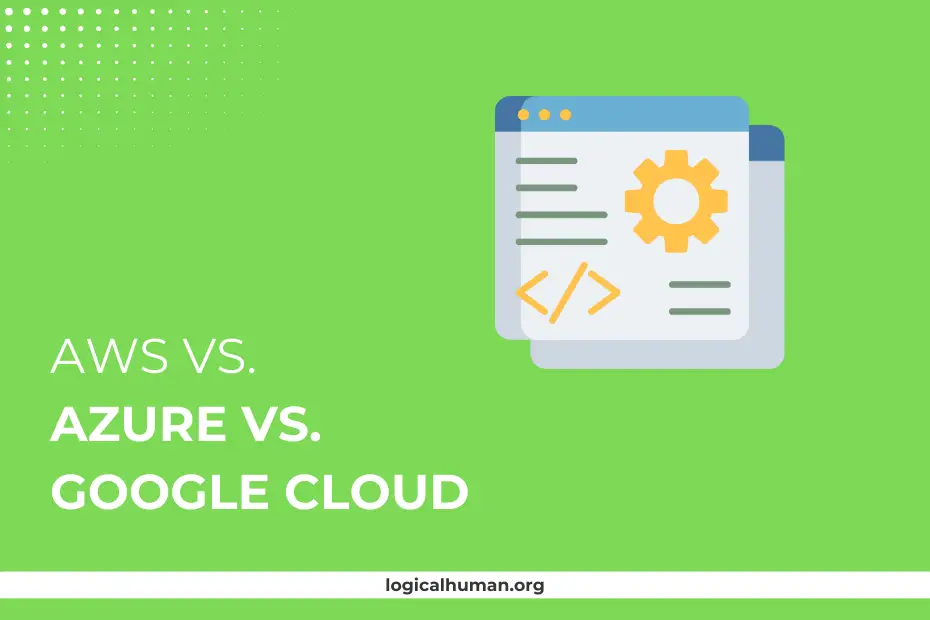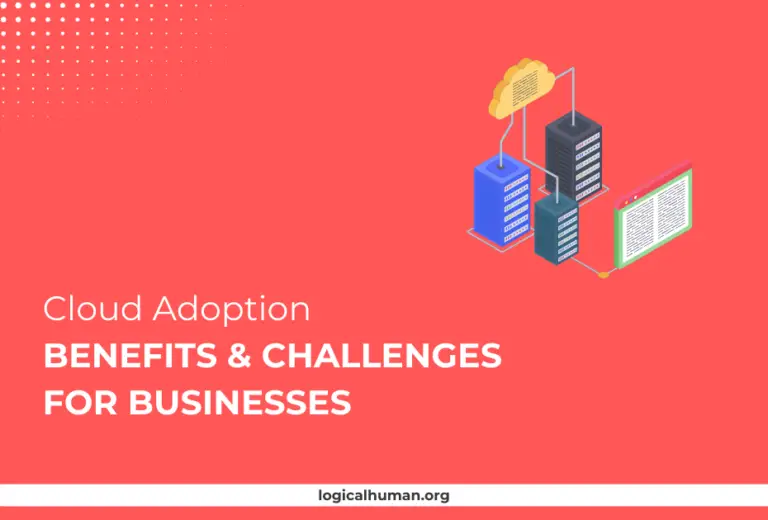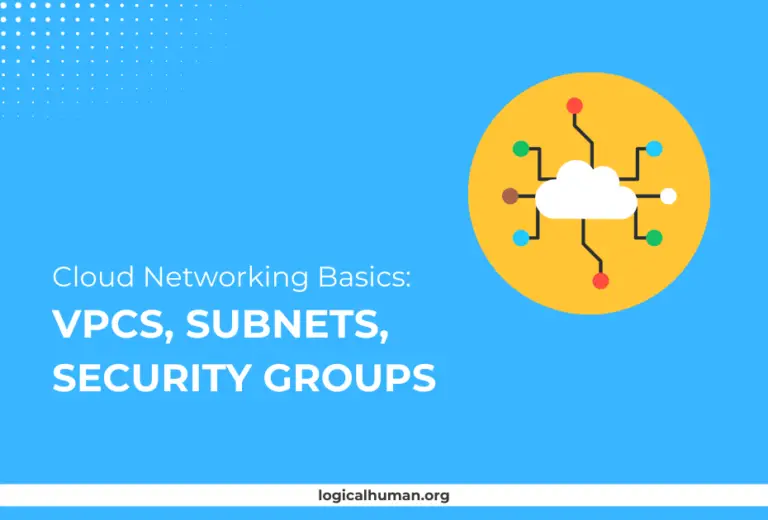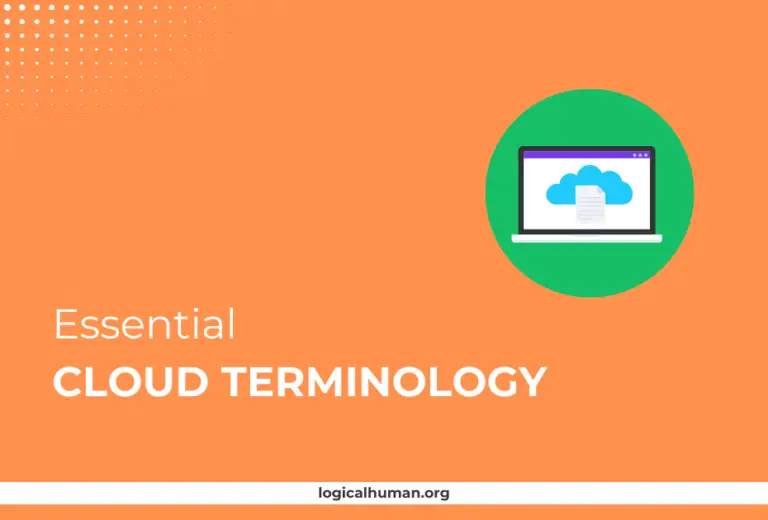Choosing the right cloud provider can feel a lot like picking a new car. With so many features, options, and pricing models to consider, it can be overwhelming. And with Amazon Web Services (AWS), Microsoft Azure, and Google Cloud being the top three contenders, each with its own strengths and weaknesses, the decision gets even more complex. This article will dive deep into the key differences between AWS, Azure, and Google Cloud to help you make an informed decision that best suits your needs.
Understanding the Big Three: AWS, Azure, and Google Cloud
Brief History of Each Provider
AWS: The Pioneer of Cloud Computing
Launched in 2006, AWS was the first major player in the cloud space. It revolutionized the way businesses approached IT infrastructure, making cloud computing mainstream. AWS’s extensive suite of services and global infrastructure have made it the go-to choice for startups and large enterprises alike.
Microsoft Azure: The Enterprise Giant
Microsoft entered the cloud game in 2010 with Azure, leveraging its dominance in enterprise software to gain traction. Azure integrates seamlessly with Microsoft’s products like Windows Server, Office 365, and Dynamics, making it a favorite among businesses already using Microsoft technologies.
Google Cloud: The Data and AI Powerhouse
Google Cloud, launched in 2008, has a strong focus on data analytics and machine learning. Known for its innovations in AI and big data, Google Cloud offers advanced tools and frameworks like TensorFlow, making it a popular choice for data scientists and developers.
Market Share and Popularity
AWS remains the leader in market share, followed by Azure and Google Cloud. However, each has its niche. AWS is favored by startups and tech companies, Azure dominates in enterprises and government sectors, and Google Cloud is gaining popularity in data-intensive industries like healthcare and research.
| Category | AWS | Azure | Google Cloud |
|---|---|---|---|
| Launch Year | 2006 | 2010 | 2008 |
| Market Share | Largest (around 33%) | Second Largest (around 22%) | Third Largest (around 10%) |
| Compute Services | EC2, Lambda, ECS, EKS | Virtual Machines, App Services, AKS | Compute Engine, Cloud Functions, GKE |
| Storage Solutions | S3, EBS, Glacier | Blob Storage, Disk Storage, Archive | Cloud Storage, Persistent Disks, Archive |
| Networking Capabilities | VPC, Direct Connect, Route 53 | Virtual Network, ExpressRoute, Traffic Manager | VPC, Cloud Interconnect, Cloud DNS |
| Pricing Models | On-Demand, Reserved, Spot Instances | Pay-As-You-Go, Reserved VM Instances | On-Demand, Committed Use Contracts |
Core Services Comparison
Compute Services
- AWS EC2: Offers the most diverse range of instance types and configurations, catering to any workload from general-purpose to high-performance computing.
- Azure Virtual Machines: Known for hybrid deployments and compatibility with Microsoft software, ideal for enterprises.
- Google Compute Engine: Offers strong performance, particularly in data and analytics workloads, with flexible pricing and custom machine types.
Storage Solutions
- AWS S3: The gold standard in object storage, with extensive durability and scalability.
- Azure Blob Storage: Seamless integration with other Microsoft services, ideal for data lakes and big data analytics.
- Google Cloud Storage: Optimized for performance and pricing, with multi-regional options and strong security features.
Networking Capabilities
- AWS VPC: Offers robust networking capabilities with fine-grained control and extensive services like Direct Connect and Route 53.
- Azure Virtual Network: Strong integration with on-premises environments, ideal for hybrid cloud setups.
- Google VPC: Unique global networking architecture with seamless scaling and innovative features like Global Load Balancing.
Pricing Structure
On-Demand Pricing Models
AWS, Azure, and Google Cloud all offer pay-as-you-go models, but the pricing structures vary significantly. AWS is known for its complex pricing, while Google Cloud often undercuts competitors with transparent and predictable costs.
Reserved Instances and Committed Use Discounts
All three offer cost-saving options for long-term commitments:
- AWS Reserved Instances: Discounts of up to 75% for reserved capacity.
- Azure Reserved VM Instances: Savings of up to 72% for a one or three-year commitment.
- Google Committed Use Contracts: Offers the most flexible discounts with up to 57% savings and no upfront costs.
Cost Management Tools and Flexibility
Each provider offers cost management and optimization tools, like AWS Cost Explorer, Azure Cost Management, and Google Cloud’s Billing Reports, making it easier to monitor and control spending.
Security and Compliance
Certifications and Compliance Standards
AWS, Azure, and Google Cloud all adhere to major compliance standards like GDPR, HIPAA, and ISO/IEC 27001. AWS leads in the number of certifications, making it a strong choice for highly regulated industries.
Security Features and Tools
- AWS: Offers tools like AWS Shield for DDoS protection and AWS GuardDuty for threat detection.
- Azure: Has a robust Security Center that integrates with its other services for comprehensive security management.
- Google Cloud: Focuses on data security with tools like Identity-Aware Proxy (IAP) and extensive encryption options.
Identity and Access Management
All three platforms provide robust IAM (Identity and Access Management) solutions, allowing granular control over user access and permissions.
Artificial Intelligence and Machine Learning
AWS AI and ML Services
AWS offers a wide range of AI and ML services, from pre-trained models to custom training with SageMaker. It’s a versatile choice for developers and data scientists.
Azure AI and ML Offerings
Azure’s AI and ML tools are tightly integrated with its other cloud services, making it easy to deploy and manage models in a production environment. Azure Machine Learning Studio is a user-friendly platform for building and training models.
Google Cloud AI and ML Capabilities
Google Cloud is a leader in AI and ML, with services like AutoML, TensorFlow, and BigQuery ML. Its tools are particularly well-suited for data-intensive applications and advanced analytics.
Hybrid and Multi-Cloud Capabilities
AWS Outposts and EKS Anywhere
AWS offers hybrid solutions like Outposts, bringing AWS services to your on-premises data center. EKS Anywhere extends Kubernetes management to on-prem environments.
Azure Arc and Azure Stack
Azure leads in hybrid cloud capabilities, with Azure Arc allowing management of resources across different environments and Azure Stack bringing cloud services on-premises.
Google Anthos and Kubernetes
Google Anthos provides a multi-cloud and hybrid environment, enabling consistent application development and operations across Google Cloud, on-premises, and other clouds.
DevOps and Developer Tools
AWS DevOps Suite
AWS provides a comprehensive set of DevOps tools, including CodeBuild, CodePipeline, and CloudFormation, supporting a wide range of DevOps practices.
Azure DevOps Services
Azure DevOps offers integrated tools for version control, build automation, and continuous deployment, making it ideal for organizations using the Microsoft ecosystem.
Google Cloud DevOps and CI/CD Tools
Google Cloud’s DevOps tools, such as Cloud Build and Cloud Source Repositories, are designed for efficient CI/CD workflows, particularly for containerized applications.
Performance and Reliability
Global Infrastructure and Data Centers
AWS has the largest global infrastructure, followed by Azure and Google Cloud. This extensive reach ensures low latency and high availability for applications.
Uptime and Service Level Agreements (SLAs)
All three providers offer strong SLAs, typically around 99.9% uptime. AWS and Azure are often regarded as the most reliable, with extensive backup and disaster recovery options.
Latency and Speed Considerations
While AWS generally offers the broadest reach, Google Cloud is known for its high-speed network and low latency, making it ideal for data-heavy and real-time applications.
User Interface and Usability
AWS Management Console and CLI
AWS’s console can be overwhelming due to its extensive service catalog, but it’s highly powerful. The CLI and SDKs offer advanced functionality for developers.
Azure Portal and PowerShell
Azure’s portal is intuitive, especially for those familiar with Microsoft products. PowerShell support makes automation and scripting straightforward for IT professionals.
Google Cloud Console and Cloud Shell
Google Cloud’s console is user-friendly and designed for developers. Cloud Shell provides a powerful, browser-based command-line interface for managing resources.
Ecosystem and Partnerships
AWS Partner Network and Marketplace
AWS has an extensive partner network and marketplace, offering thousands of pre-configured solutions, applications, and managed services.
Azure Marketplace and Partners
Azure’s marketplace and partnerships are geared towards enterprise needs, providing solutions that integrate deeply with Microsoft products.
Google Cloud Marketplace and Partners
Google Cloud’s marketplace is strong in data analytics and machine learning solutions, with a growing number of third-party integrations.
Industry Use Cases
AWS in E-commerce and Entertainment
AWS is widely used in e-commerce and entertainment for its scalability and global reach, with companies like Netflix and Amazon relying on its services.
Azure in Finance and Enterprise IT
Azure’s integration with enterprise software makes it the go-to choice for financial institutions and large corporations looking to modernize their IT infrastructure.
Google Cloud in Healthcare and Big Data
Google Cloud’s strengths in data analytics and AI make it a preferred choice for healthcare and research institutions focusing on big data and machine learning applications.
Customer Support and Training
Support Tiers and Offerings
AWS, Azure, and Google Cloud offer multiple support tiers, ranging from basic to premium options, with varying levels of response times and technical assistance.
Training and Certification Programs
Each provider offers extensive training and certification programs to help professionals gain expertise in their platforms, from beginner to advanced levels.
Community and Documentation
All three providers have strong community support and comprehensive documentation. AWS and Google Cloud are known for their active developer communities, while Azure has strong enterprise-focused resources.
Pros and Cons of Each Platform
AWS Pros and Cons
- Pros: Extensive service offerings, global reach, strong security, and compliance.
- Cons: Complex pricing, steep learning curve for beginners.
Azure Pros and Cons
- Pros: Seamless integration with Microsoft products, strong hybrid cloud capabilities.
- Cons: Can be challenging for non-Microsoft users, less flexible pricing.
Google Cloud Pros and Cons
- Pros: Strong in data and AI, competitive pricing, innovative features.
- Cons: Smaller market share, fewer global data centers than AWS and Azure.
How to Choose the Right Cloud Provider?
Assessing Business Needs and Goals
Identify what your business needs most—whether it’s scalability, data analytics, AI capabilities, or hybrid cloud support—and choose the provider that excels in those areas.
Considering Technical Requirements and Expertise
Evaluate the technical expertise of your team. AWS might be ideal for versatile and custom solutions, Azure for Microsoft-centric environments, and Google Cloud for data-heavy applications.
Evaluating Long-term Strategy and Scalability
Consider your long-term goals and scalability requirements. All three providers offer robust solutions, but each has unique strengths that align with specific growth strategies.
Conclusion
AWS, Azure, and Google Cloud each offer unique strengths and cater to different needs. While AWS is the leader in terms of service offerings and market share, Azure’s strong integration with Microsoft products makes it a compelling choice for enterprises. Google Cloud’s focus on data and AI sets it apart for research and analytics. Ultimately, the best choice depends on your specific requirements, technical capabilities, and long-term business goals.
FAQs
Which cloud provider is the cheapest?
There isn’t a one-size-fits-all answer to this, as pricing depends on your specific usage and configuration. However, Google Cloud often positions itself as the most cost-effective option for data and compute-intensive workloads.
What is the most secure cloud provider?
All three providers—AWS, Azure, and Google Cloud—offer strong security features and compliance certifications. The “most secure” depends on your specific security needs and configuration practices.
Can I switch between cloud providers easily?
Switching providers, known as cloud migration, can be complex and costly due to different service configurations, data transfer fees, and application dependencies. It’s important to plan thoroughly and consider using multi-cloud or hybrid strategies to minimize vendor lock-in.
Is multi-cloud strategy better than sticking to one provider?
A multi-cloud strategy can offer more flexibility and reduce dependency on a single provider, but it also adds complexity in terms of management and integration. It’s best for businesses with diverse needs or those seeking redundancy and risk mitigation.
Which cloud provider is best for startups?
AWS is often favored by startups due to its extensive services, scalability, and startup-friendly programs. Google Cloud is also popular for its AI and data capabilities, while Azure can be a good choice for those already using Microsoft tools.



